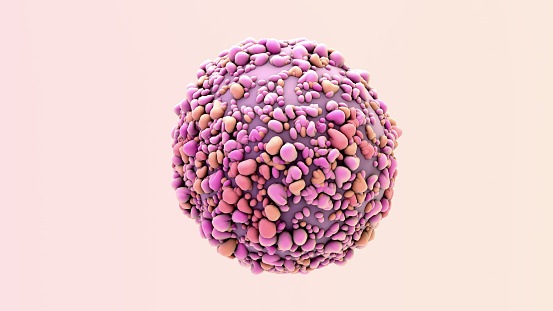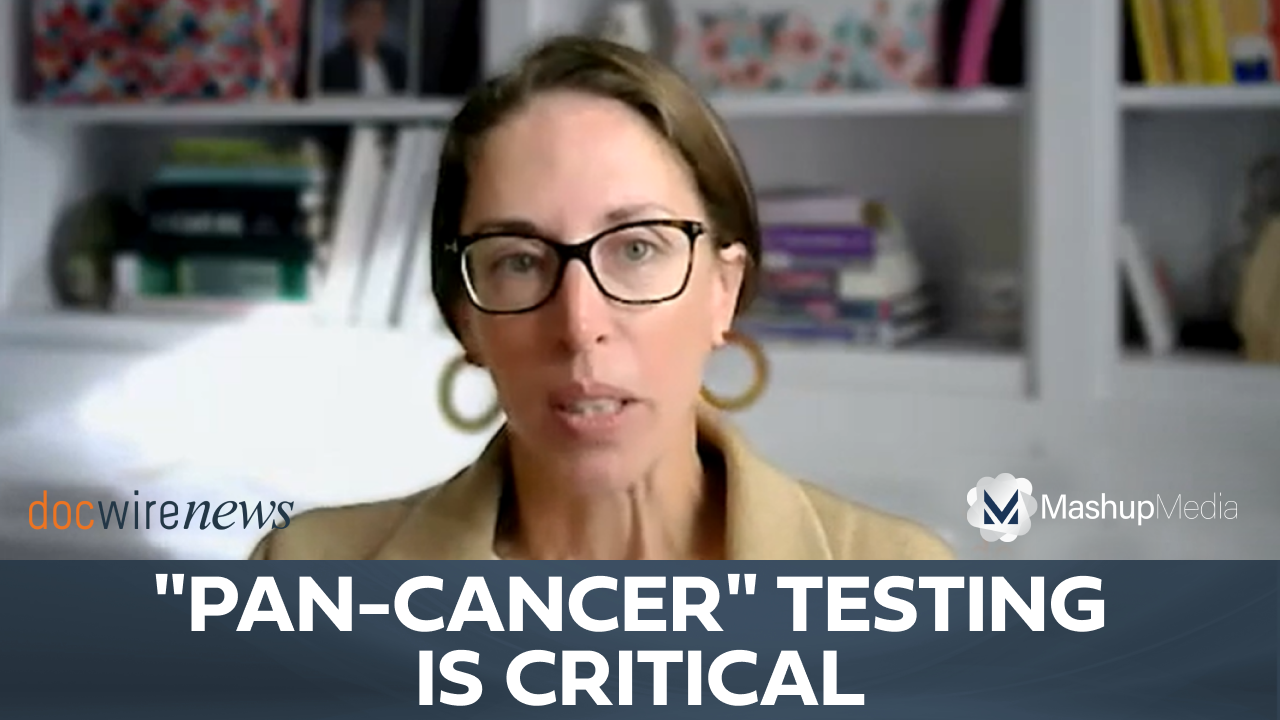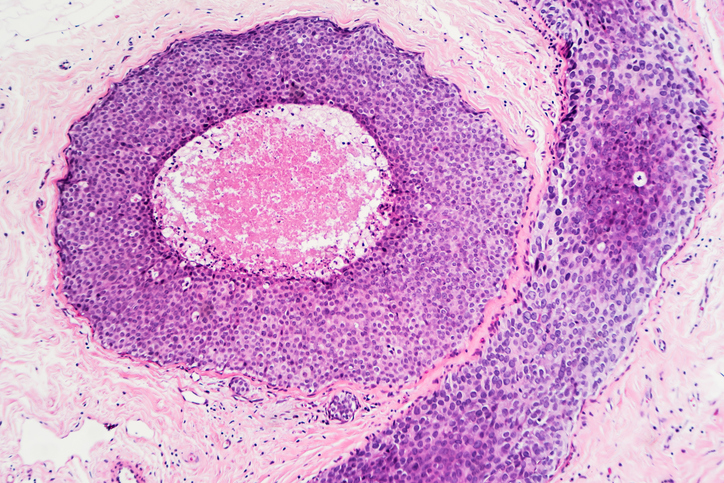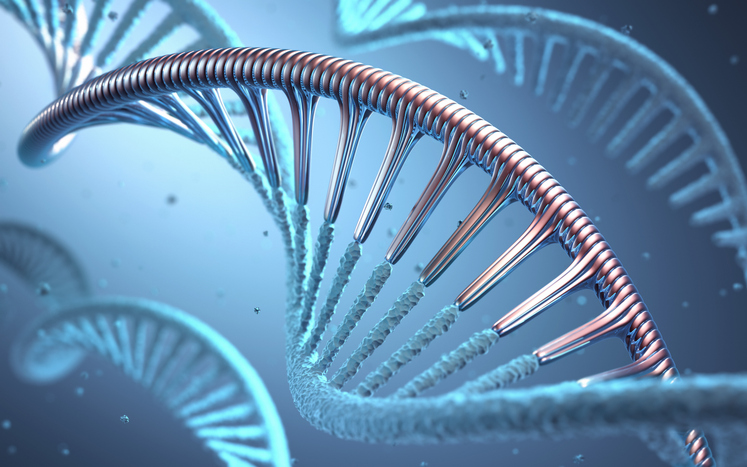
Budding uninhibited by benzimidazole 1 (BUB1), a highly conserved serine/threonine kinase, is a potential marker for evaluating the prognosis and predictive effectiveness of immunotherapy to treat breast cancer across various disease characterizations.
Little is known about BUB1 mRNA expression in breast cancer. A team of researchers led by Renyu Zhou sought to unveil the potential of a BUB1 biomarker, which could be groundbreaking for the assessment of immunotherapy efficacy in breast cancer.
In the study, gene set enrichment analysis of BUB1 was conducted using the potent Database for Annotation, Visualization, and Integrated Discovery (DAVID) tool to identify significant clusters of genes and pathways in the dataset.
The clinical characteristic of BUB1 alteration was compared using cBioPortal, and the Tumor Immune Estimation Resource (TIMER) database for comprehensive analysis of tumor-infiltrating immune cells in various cancers was used to analyze the protein expression of BUB1 in tumor tissue specimens.
PrognoScan and Kaplan-Meier Plotter were used to evaluate the prognosis according to different BUB1 expression levels.
The results of these analyses revealed that:
- BUB1 expression in various tumor tissues was greater than in adjacent normal tissue and was mainly localized to the nucleoplasm and additionally localized to the cytosol.
- The cell cycle was the most significant pathway according to functional enrichment analyses.
- Abnormal BUB1 expression was more frequently detected in invasive ductal carcinoma with higher histologic grades as well as in estrogen receptor-negative, human epidermal growth factor receptor 2-negative, and basal-like phenotypic breast cancers.
- BUB1 expression correlated positively with tumor purity, B cells, CD8+ T cells, CD4+ T cells, neutrophils, and dendritic cells. There was no significant correlation with macrophages.
- Immunohistochemical staining from clinical samples further confirmed that BUB1 was overexpressed in breast cancer compared to benign tumor (fibroadenoma) (P<.01).
- Breast cancer with lower BUB1 expression had better prognostic rates in overall survival, distant metastasis-free survival, and relapse-free survival (P<.05).
As the immunotherapy landscape continues to expand, these results suggest that BUB1 molecular biomarker has the potential for groundbreaking prognostic success in immunotherapy treatment decision-making for breast cancer patients.







 © 2025 Mashup Media, LLC, a Formedics Property. All Rights Reserved.
© 2025 Mashup Media, LLC, a Formedics Property. All Rights Reserved.